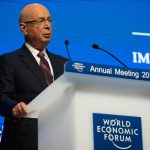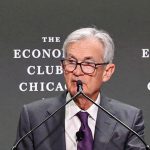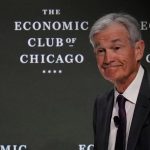Pope Francis: The Reformer and the Rebel of the Vatican
Since stepping into the papacy in 2013, Pope Francis has defied expectations and shaken up the Catholic Church like no one in modern memory. The first pope from the Americas and the first Jesuit to lead the Church, Francis brought humility, simplicity, and boldness to an institution often seen as rigid and tradition-bound.
But with great change comes great controversy. While many hail him as a progressive reformer, others within the Church have pushed back hard against his direction.
Here’s a look at the biggest actions, reforms, and controversies of Pope Francis’ time as the spiritual leader of over a billion Catholics.
1. Financial Reforms in the Vatican
One of Francis' top priorities has been cleaning up the Vatican’s murky finances. He introduced greater transparency, overhauled the Vatican Bank, and pushed for external audits and stricter anti-corruption measures.
These reforms have faced resistance from powerful insiders, but Francis remained committed—even when it meant ruffling feathers at the top. He has since replaced several key figures and emphasized accountability in Church spending.
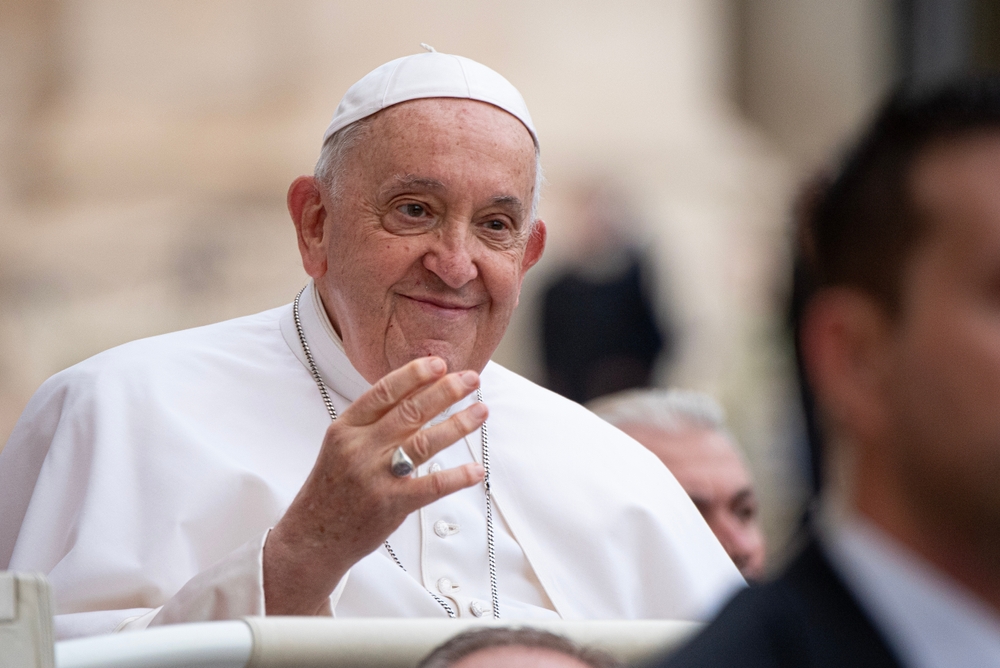
2. A Progressive Approach to LGBTQ+ Issues
Francis made global headlines with his 2013 comment: “Who am I to judge?” in response to questions about gay priests. He later supported civil unions for same-sex couples—an unprecedented move for a sitting pope.
While he hasn't changed official Church doctrine, his tone and openness have signaled a softer, more compassionate stance toward the LGBTQ+ community. Traditionalists saw this as a dangerous drift, while many others saw it as long-overdue empathy.
Related: The Role of the Pope & What Comes Next
3. Clashing with Conservatives
Throughout his papacy, Francis has frequently clashed with more conservative bishops and cardinals particularly over issues like divorce, remarriage, immigration, and climate change.
His encyclical Laudato Si’, which called for urgent action against environmental destruction, was praised globally but sparked debate among Church hardliners who saw climate advocacy as outside the Pope’s spiritual role.
Francis has also emphasized inclusivity, mercy, and decentralization, an approach that’s made him a hero to some, and a target to others.
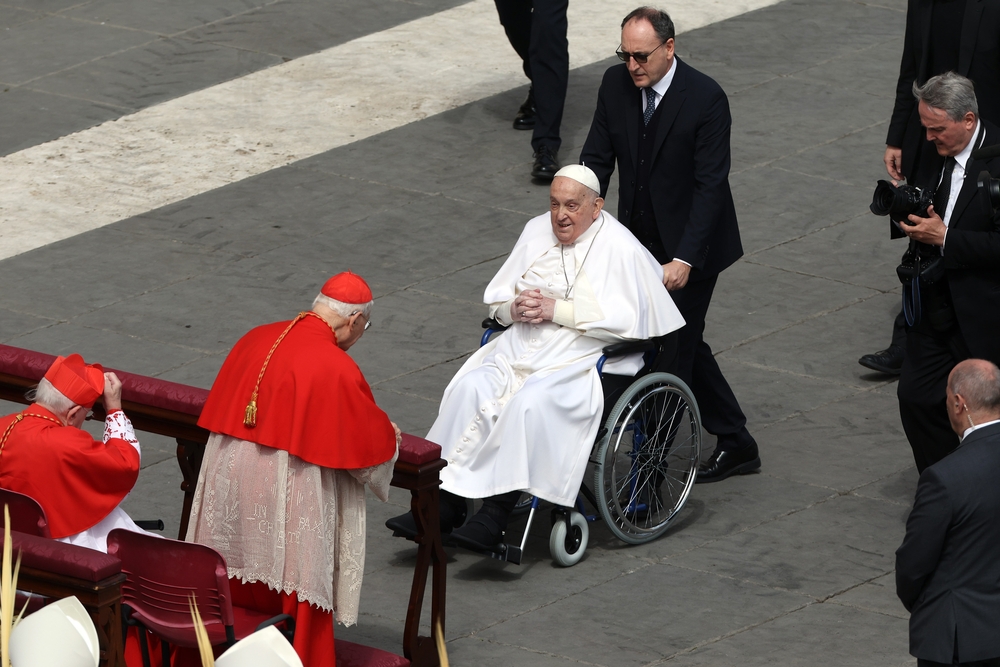
4. Handling the Clergy Sexual Abuse Crisis
The biggest stain on the modern Church has remained a complex and painful one: sexual abuse by clergy. Francis has made significant moves, including:
-
Creating a Vatican commission for protection of minors
-
Defrocking high-profile offenders like ex-Cardinal Theodore McCarrick
-
Holding a global summit on abuse prevention
Still, critics argue that Francis has not gone far enough, especially in enforcing accountability among bishops who covered up abuse.
Related: Courtroom Gender Wars: Governments Rewrite Reality While Bigger Crises Burn
5. Outreach to Other Faiths and Non-Believers
Francis has prioritized interfaith dialogue, particularly with Islam and Judaism. His historic 2019 visit to the UAE marked the first time a pope visited the Arabian Peninsula. He also co-signed the “Document on Human Fraternity” with the Grand Imam of al-Azhar.
He’s even extended olive branches to atheists and agnostics, famously saying in a letter: “You ask me if the God of the Christians forgives those who don’t believe and who don’t seek the faith. I start by saying... God's mercy has no limits.”
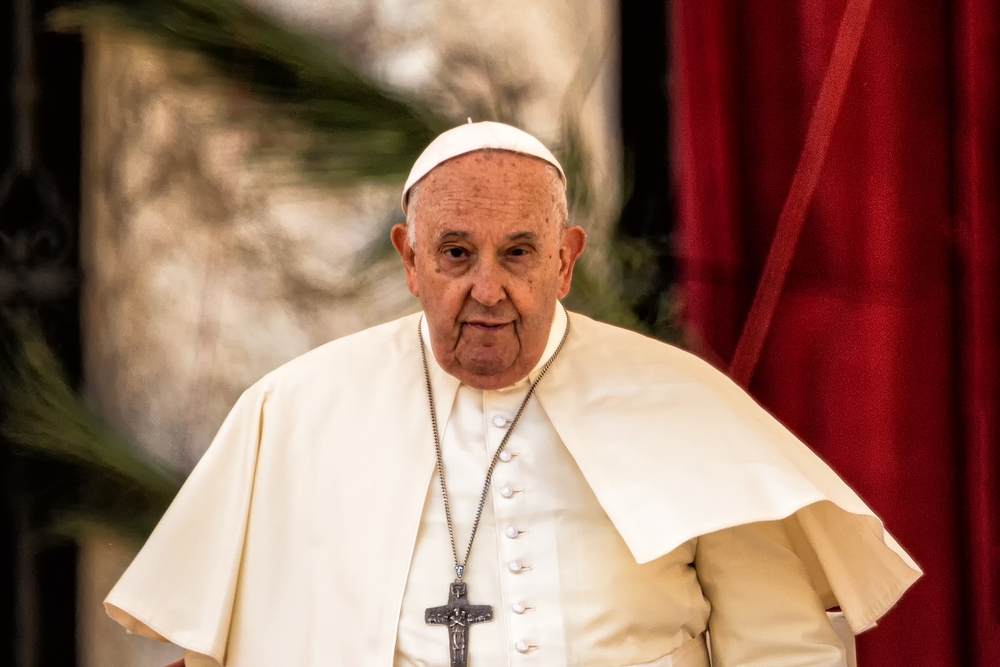
6. Women in the Church: Symbolic but Limited Change
Francis has taken some steps to include women in leadership roles appointing women to Vatican departments and opening discussions about female deacons. However, he has upheld the ban on female priests, which has frustrated reform-minded Catholics seeking more equality.



